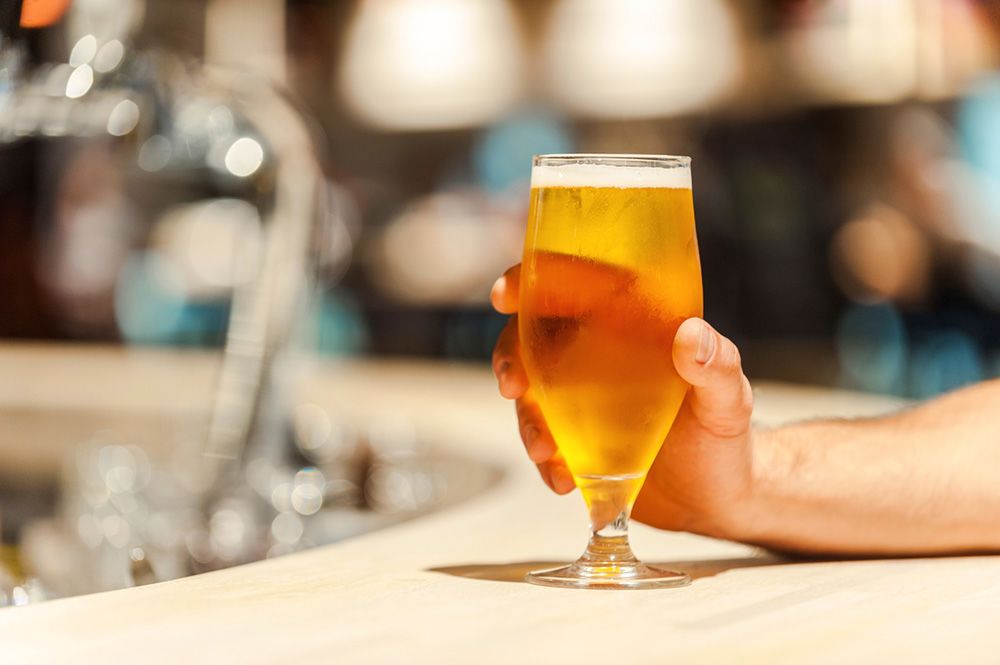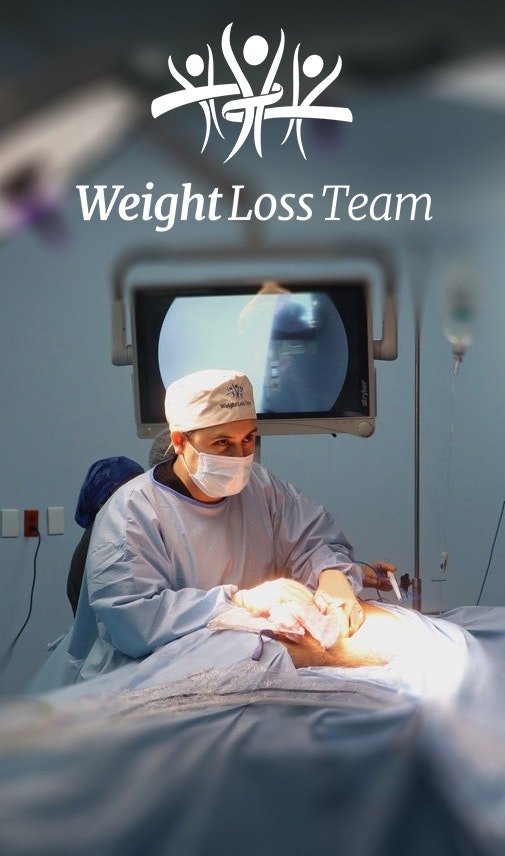Can I Drink Alcohol after Gastric Bypass Surgery?
 Gastric bypass is a surgical procedure that reduces the size of the stomach, helping people lose weight and live a healthier life.
Gastric bypass is a surgical procedure that reduces the size of the stomach, helping people lose weight and live a healthier life.
Part of the success of gastric bypass surgery is the patient's commitment to making necessary dietary changes, which means some foods and drinks will need to be avoided. Accordingly, many people wonder if they will be able to drink alcohol. In short, yes, but with certain modifications.
Dr. Juan Francisco Hidalgo explains the importance of following strict guidelines for gastric bypass and alcohol consumption during consultations at our practice in Puerto Vallarta, Mexico. For answers to your specific questions, we welcome you to schedule a consultation.
No Alcohol During Recovery
In the first few weeks of recovery from bariatric surgery, patients are given a strict dietary plan to follow. Dietary restrictions are necessary to allow the stomach time to heal after surgery and to help the patient learn new, healthier eating habits.
During this time, it is important that patients avoid all alcohol because it can interfere with healing, does not provide sufficient nutrition, and can increase the risk of post-surgical complications.
When Can Alcohol Be Reintroduced into My Diet?
Alcohol really isn't part of a healthy diet, and while it's best for our patients to avoid it altogether, it's common for patients to want to have alcohol at some point after bariatric surgery. If consumed in moderation, it can be safe for people who have had bariatric surgery to occasionally have an alcoholic beverage.
With that said, alcohol should be avoided for several months after surgery and consumption should be restricted once it begins again. For some, alcohol may need to be avoided for as long as six months. Also, it is important to get clearance from your bariatric surgeon as to when you may safely consume alcohol after surgery before adding alcohol to your diet.
Why Should Alcohol Be Restricted?
Although alcohol may be consumed after gastric bypass surgery, it's important that gastric bypass patients practice extra caution when including alcohol in their diets. Restricting alcohol consumption is essential for patients after gastric bypass for many reasons, including:
- The effects of alcohol are felt faster and longer: Gastric bypass surgery can change a person's metabolism, which may cause blood alcohol levels to become higher faster. It may also take longer for blood alcohol levels to return to normal.
- One drink can have a greater impact: After bariatric surgery, one drink can be enough to intoxicate someone. This is because patients eat less than they used to and drinking alcohol with less food in the stomach can cause alcohol to be absorbed into the blood stream more quickly.
- Alcohol is mostly “empty” calories: Alcohol is high in calories but low in nutrients. Regularly consuming alcohol can cause people to gain weight or lose weight slowly after bariatric surgery.
- Risk of addiction: Some patients who undergo bariatric surgery have a food addiction. While surgery can help many overcome their food addiction, some patients may be tempted to transfer their addiction elsewhere, such as alcohol use. Restricting or avoiding alcohol altogether can help prevent addiction transfer.
Things to Consider When Drinking
Many patients that undergo treatment at our Puerto Vallarta practice are able to safely enjoy alcohol after bariatric surgery and without impacting their weight loss results by practicing the following:
- Avoid alcohol during recovery and for several months after surgery
- Drink in moderation and remember that one drink may be enough to cause intoxication
- Avoid carbonated soft drinks and sugary mixers, which add unwanted calories
- Drink with meals to help slow alcohol absorption
- Don't drive after drinking, even one drink can impact judgment
Learn More about Bariatric Surgery
If you have struggled to reach a healthy weight despite diet and exercise, bariatric surgery may be right for you. To find out if you're a candidate, please call (818) 949-6911 to schedule a consultation.



